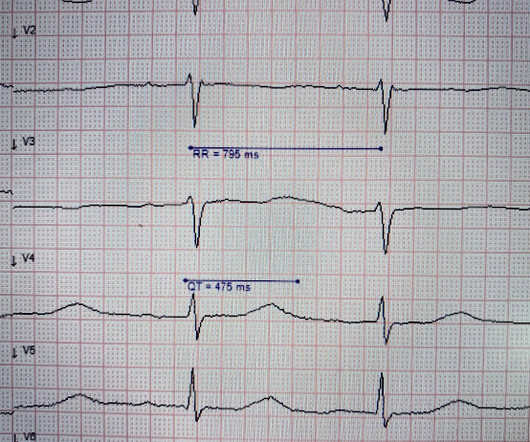Glasgow Coma Scale in Children
Pediatric EM Morsels
JULY 21, 2023
We have mentioned the Glasgow Coma Scale in multiple delicious morsels: Minor closed head injuries in <3 month olds and in the rebaked morsel , Blunt cerebrovascular injury , Cerebral edema in DKA , Pediatric Trauma Pitfalls , and Carbon monoxide poisoning. When is it useful and what does it tell us? 2008 Apr;39(4):1347-8. 107.498345.












Let's personalize your content